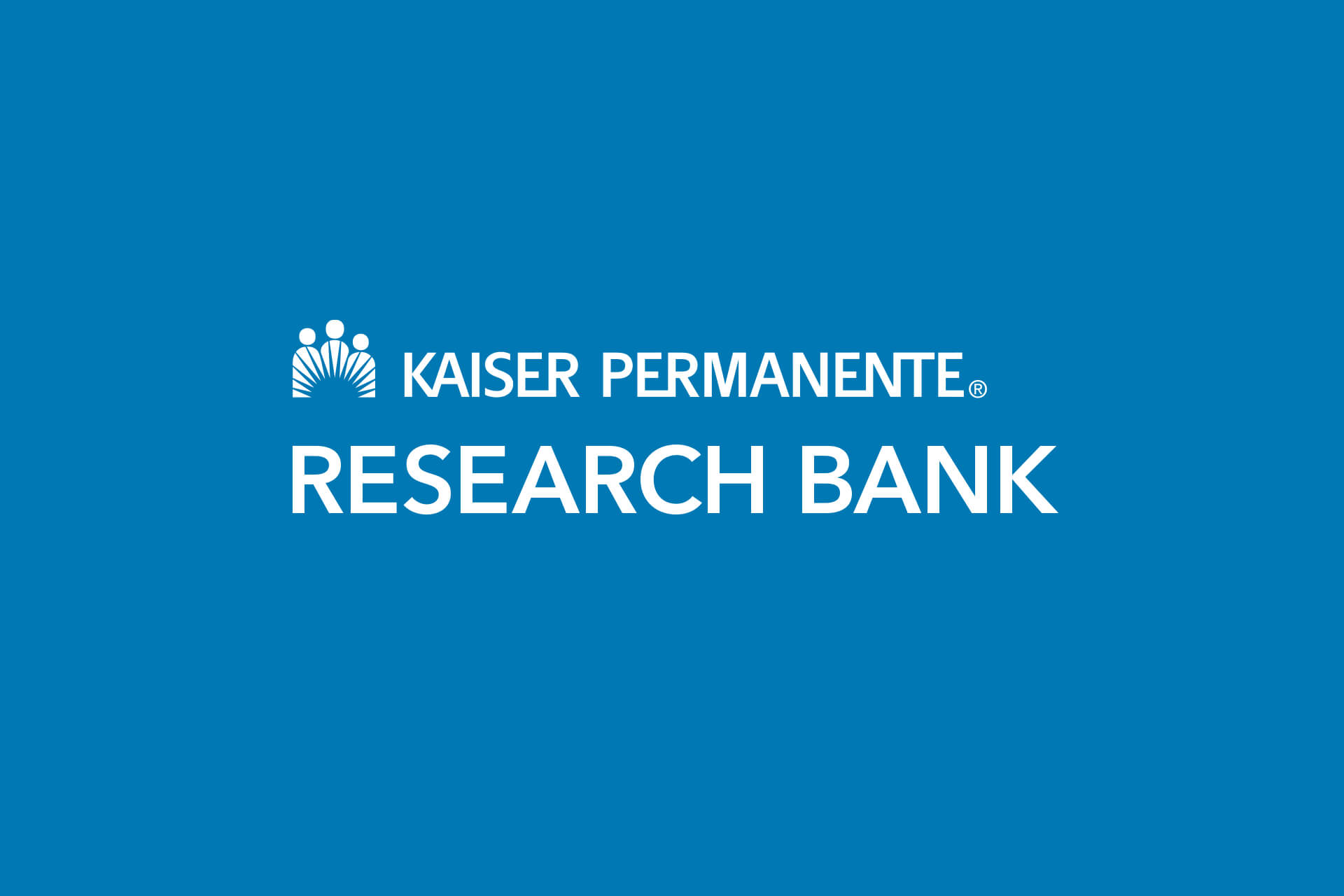Our genes are important for our health, but so are our behaviors and environments. Our behaviors and environments include what we eat and drink, if we smoke, how physically active we are, and where we live. The science of epigenetics helps us understand how behaviors and environments affect genes in ways that can change how genes work.
So, what is epigenetics?
Epigenetics involves small molecules added or removed from the DNA of our genes. This doesn’t change what the genes do but can affect how our bodies “read” the gene. This can affect health. An example is in this video about identical twins. They have exactly the same DNA. However, possibly because of epigenetic changes, genes in one twin but not the other were read in a way that resulted in cancer.
DNA methylation is one type of epigenetic change. A microscopic tag of carbon and hydrogen, called a “methyl group,” is attached to DNA. This tag can be removed through a process called demethylation. Typically, methylation turns genes “off” and demethylation turns genes “on.”
Smoking and epigenetics
Smoking is a good example of how DNA methylation and demethylation work. Smokers tend to have less DNA methylation at a gene called AHRR than nonsmokers. The AHRR gene protects against lung cancer. When someone quits smoking, DNA methylation increases at this gene, which helps reduce the chance of getting lung cancer. Over time, people who quit smoking can have similar methylation at AHRR as nonsmokers. Sometimes, this change takes less than a year, depending on how long and how much the person smoked before quitting.
Pregnancy and epigenetics
Another good example of epigenetics is pregnancy. The environment and behavior during pregnancy can affect a baby’s long-term health. One example is people born during and soon after a serious Dutch famine in 1944 and 1945. People whose mothers were pregnant with them during this famine were more likely to develop schizophrenia, type 2 diabetes, and heart disease later in life. When these people were in their 60s, their DNA methylation patterns were different than sisters and brothers who were not born during the famine. These results suggest the famine caused epigenetic changes in early development that later influenced the adult’s disease risk.
For more information, see this CDC article and this PBS/NOVA video.


